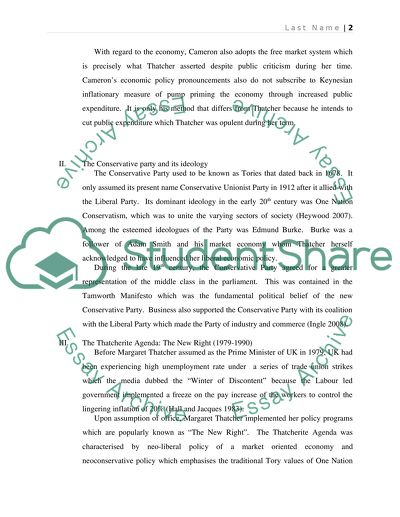Cite this document
(“How far Has the Modern Conservative Party Departed from the Coursework”, n.d.)
How far Has the Modern Conservative Party Departed from the Coursework. Retrieved from https://studentshare.org/history/1441679--there-is-such-a-thing-as-society-how-far-has-the
How far Has the Modern Conservative Party Departed from the Coursework. Retrieved from https://studentshare.org/history/1441679--there-is-such-a-thing-as-society-how-far-has-the
(How Far Has the Modern Conservative Party Departed from the Coursework)
How Far Has the Modern Conservative Party Departed from the Coursework. https://studentshare.org/history/1441679--there-is-such-a-thing-as-society-how-far-has-the.
How Far Has the Modern Conservative Party Departed from the Coursework. https://studentshare.org/history/1441679--there-is-such-a-thing-as-society-how-far-has-the.
“How Far Has the Modern Conservative Party Departed from the Coursework”, n.d. https://studentshare.org/history/1441679--there-is-such-a-thing-as-society-how-far-has-the.


